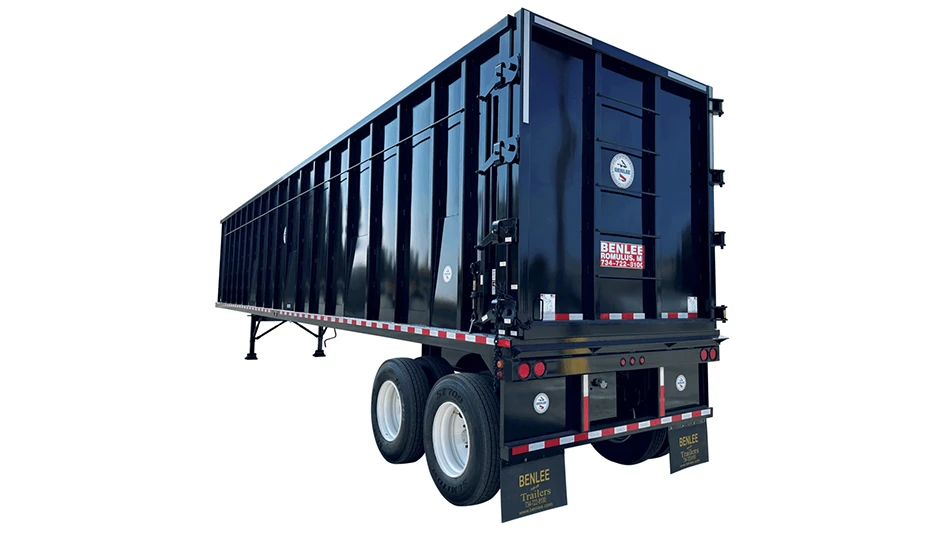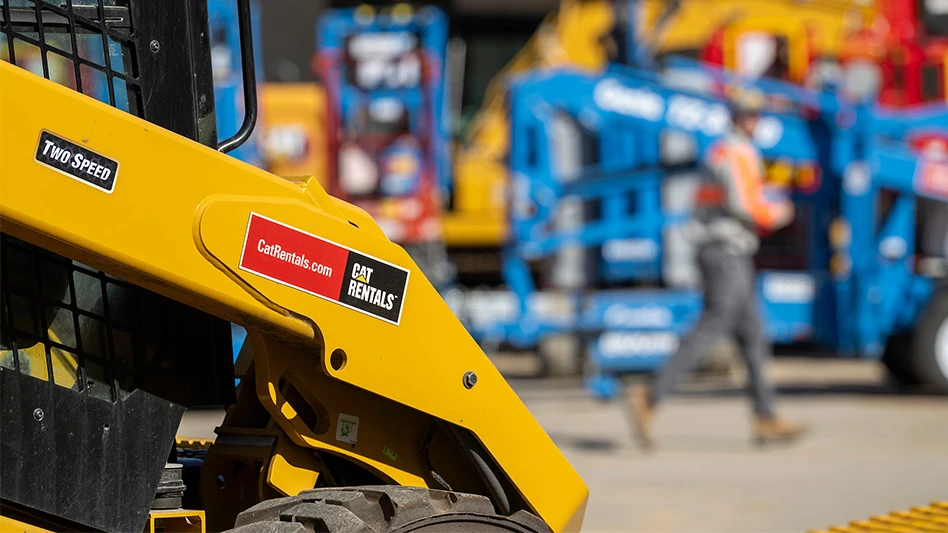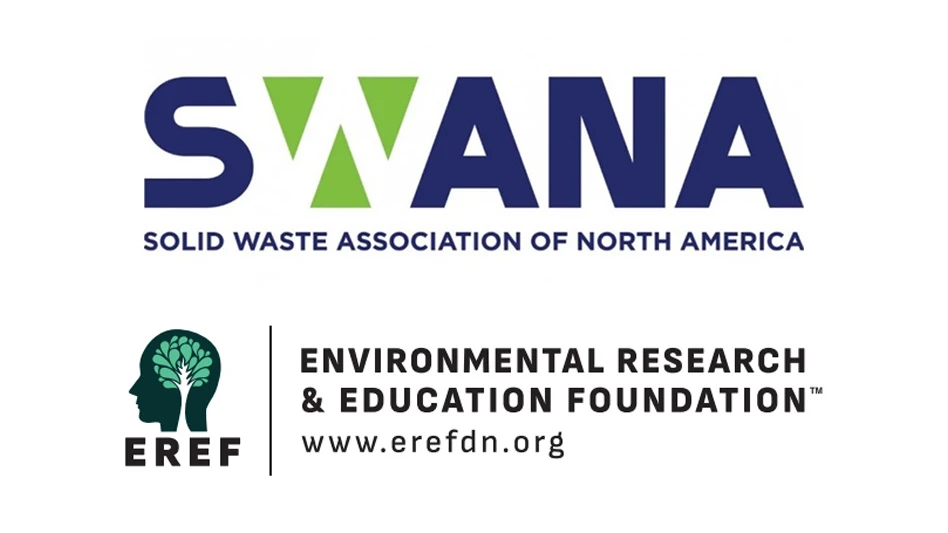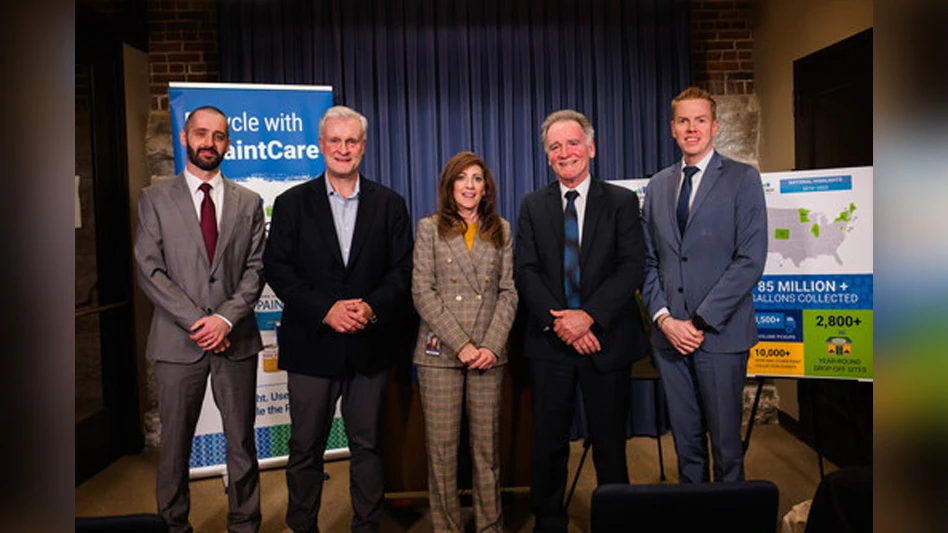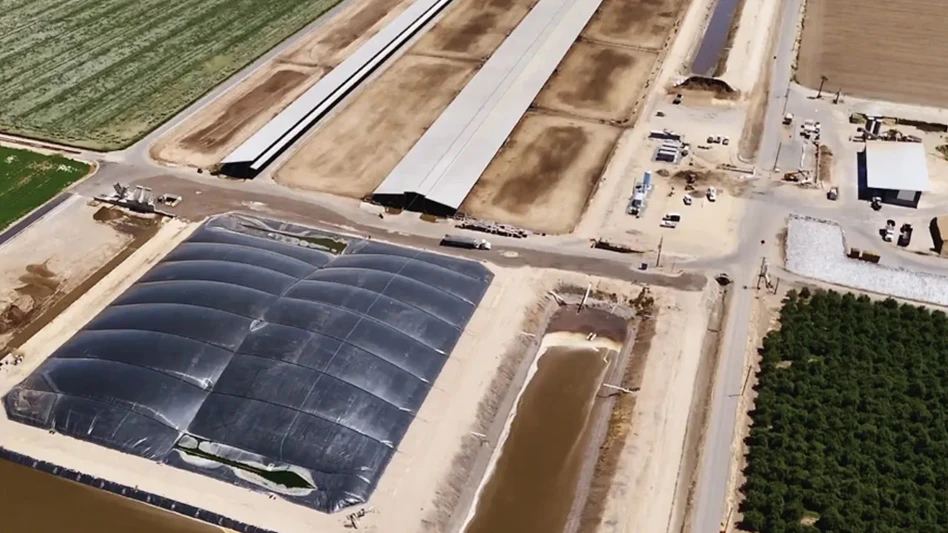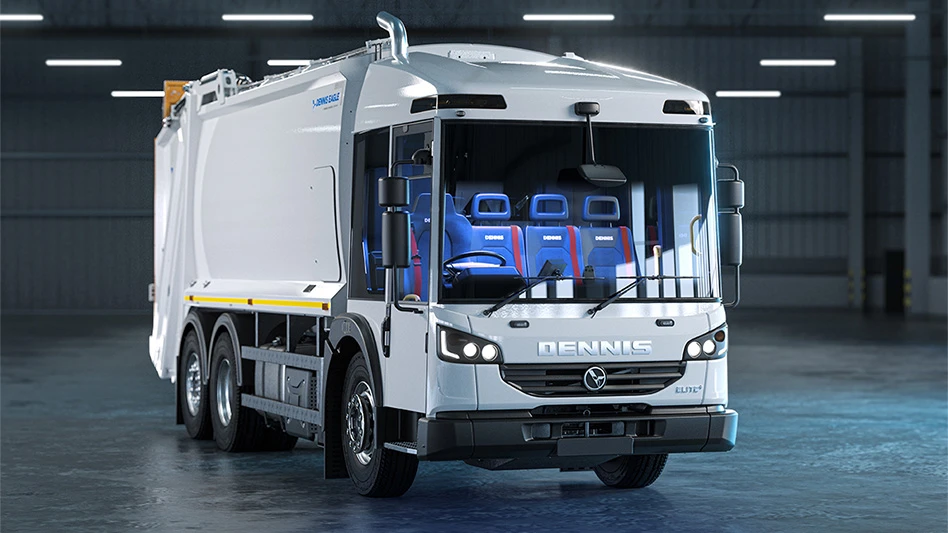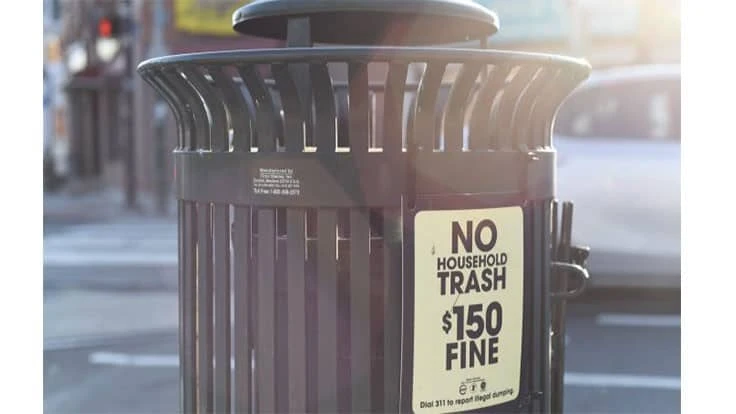
City of Philadelphia.
Philadelphians produce more than 2 million tons of waste per year. While nearly half of that waste is recycled, the city says the rest of it goes to landfills or burns in conventional incinerators.
Philadelphia’s recently launched Pitch & Pilot program is seeking a technology-based solution from the private sector to help decrease waste, increase recycling rates and measure the city's progress towards its zero waste by 2035 goal. The goal includes "fully eliminating the use of landfills and conventional incinerators."
Through the Office of Innovation and Technology (OIT), which manages the program, the city will award up to $34,000 to a solution provider to design and execute a pilot program that is most likely to advance Philadelphia’s zero waste goal in a way that's “financially sustainable” for the city, according to an OIT news release. The selected pilot will launch in March 2020 and end in June 2020.
“I’m thrilled that our zero waste initiative is a focus of the first round of Pitch & Pilot,” says Nic Esposito, Philadelphia’s zero waste and litter director. “I know firsthand that technology can be part of the solution to waste and litter, and I’m excited by the prospect of seeing the proposals that can get us closer to our goal.”
Philadelphia Chief Information Officer Mark Wheeler says the solution should work in tandem with the city’s existing environmental initiatives and programs. Philadelphia’s Zero Waste and Litter Cabinet runs several programs to reduce waste and increase waste diversion rates, including the city’s Zero Waste Partnership program. In addition, the city’s Streets Department is working on a campaign to reduce contamination in recycling streams and the city’s Department of Parks and Recreation has issued a request for proposals (RFP) to establish and manage a compost facility to collect food scraps from recreational centers. The program, which will add community-operated composting bins to parks, gardens and school sites, is expected to begin in spring 2020.
The application process for the pilot project closes Jan. 16. OIT will evaluate submitted proposals and with help from the Zero Waste and Litter Cabinet will support the pilot project, providing access to city resources and facilitating stakeholder and community engagement. The winner will be selected in February following a pitch event.
For more about the city’s first Pitch & Pilot program, click here.
Latest from Waste Today
- CalRecycle seeks $3.4M in Drug and Sharps Takeback program violations
- Agromin announces 2025 composting totals
- North Carolina county receives FRC foam recycling grant
- GFL renews share repurchase programs
- A look inside WM’s new $90M south Florida MRF
- Waste to Resource Ontario announces new co-chairs
- WIH Resource Group adds senior associate
- Calgren builds public R-CNG fueling station in California
